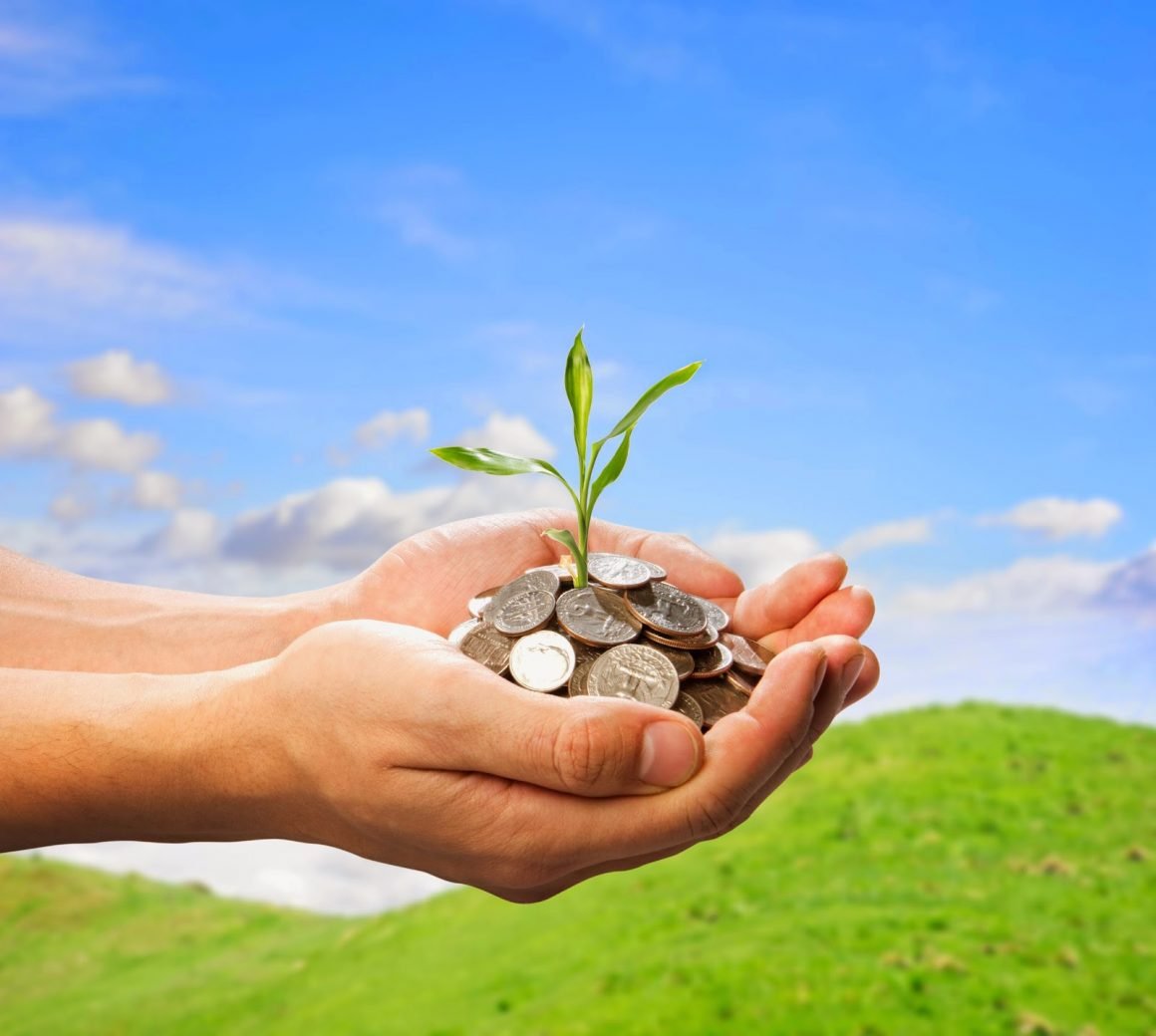As the governments in the Arabian Gulf seek to shift economic activity away from the public sector towards the private sector, a debate alien to recent generations of Gulf citizens potentially takes centre stage: do freer markets make societies more virtuous, or do they push them towards selfishness and vapid materialism?
The financial crisis of 2008 leads many to naively conclude that capitalism undermines society’s moral foundations, ignoring the extensive research conducted on the complex and nuanced topic.
Those who envisage a positive effect of market exchange usually appeal to the most essential feature of any commercial transaction – it is (virtually always) agreed between two voluntary sides, in the absence of physical coercion or threat, immediately implying two virtues.
First, compared with a situation where the transaction was banned, both the buyer and the seller benefit; because if they did not, they would not agree to it. You voluntarily purchase a chocolate bar for Dh3 only because you feel it is worth more than that to you. If you do not want to work as a salesperson for Dh5,000 per month, you need not.
Admittedly, there are goods and services where quality cannot be deduced at the time of transaction, such as medical care or a used car, opening the door for deception, but these represent a small minority of daily commerce, and besides, markets offer many solutions to this problem.
Second, commercial transactions almost always involve interacting with other people, often with those whom you would otherwise not meet. Consequently, markets create new relationships in an environment of mutual benefit. A key factor in the spread of Islam from Mecca to the far east over a thousand years ago at the hands of travelling Muslim merchants was the positivity that trade brought – a principle reason for the global popularity of historical Gulf trading centres such as Bahrain and the UAE.
Together, such characteristics of market exchange are the basis of the French political philosopher Montesquieu’s belief that commerce leads to more gentle manners, or the English-American political activist Thomas Paine’s logic that commerce is operated for mankind to be cordial, especially when compared to the alternative of a state directive backed by force. That is why Gulf citizens enjoy shopping at the mall much more than renewing documents at government ministries.
Telecommunications deregulation is a perfect illustration. In the days of state monopolies, purchasing services or interacting with customer relations agents could cause Gulf citizens to lose faith in humanity, especially when stuck with a vindictive government employee. Today, buying a new mobile in the region yields enjoyment for both sides, and reinforces positive societal norms for decent behaviour.
Seen through this lens, Gulf citizens should embrace their governments’ strategy to empower the private sector, as it means more daily interactions between people who voluntarily seek those interactions, and who secure them through good behaviour. These principles are also compatible with Islam, which has many positive things to say about commerce.
Yet many scholars have made convincing arguments against capitalism. In particular, when one side of the market is controlled by a fortified monopolist, commercial exchange can transform from a cordial transaction into an exploitative one, and trade will denude society’s virtues.
For the Gulf policymakers keen to ensure that public moral blossoms as private sectors gain influence, regulating capitalism justly and intelligently is the key. Breakdowns such as the 2008 financial collapse, or some of the privatisation mishaps that have hurt the United Kingdom and other countries since the 1980s, can often be traced to crony relationships between corrupt bureaucrats and pseudo-capitalists.
Yet in spite of these risks, apprehensive Gulf citizens used to government dominion over the economy should remember the benefits that come from using services such as Uber or Airbnb. Unleashing people’s ability to please each other is a winning formula for a virtuous society.

